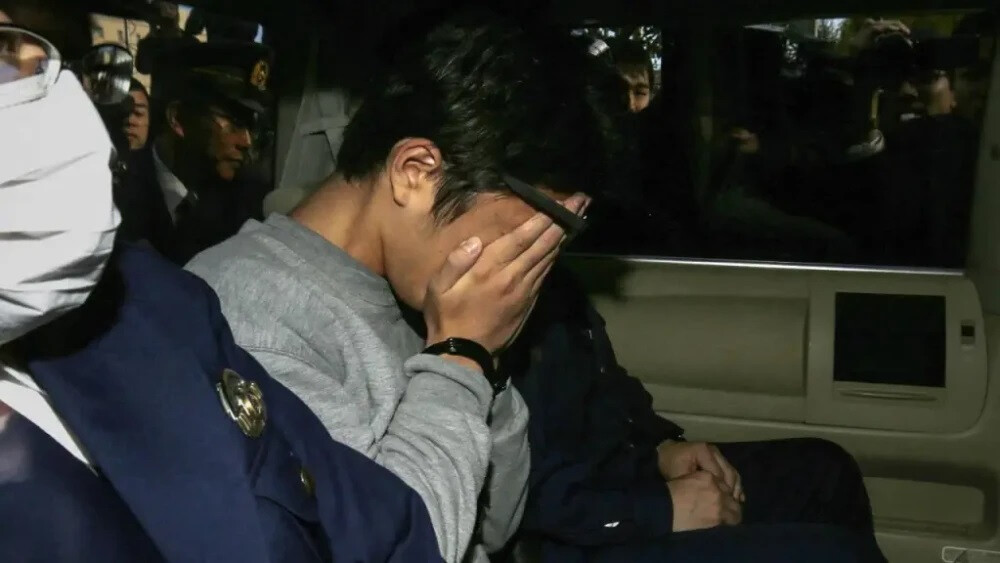
Japan on the 27th executed Takahiro Shiraishi (34), the so-called "Twitter Killer" who murdered nine people and dismembered their bodies in 2017. This execution is the first to be carried out in Japan since July 2022 and the first under Prime Minister Shigeru Ishiba's administration. Shiraishi's crimes caused immense shock and fear throughout Japanese society at the time, once again raising awareness about the dangers of online interactions and mental health issues.
Brutal Methods and Societal Background of the Crimes
Between August and October 2017, Shiraishi murdered eight women and one man, aged between 15 and 26, and dismembered and stored their bodies in his apartment in Zama City, Kanagawa Prefecture, near Tokyo. His crimes were highly premeditated and brutal. He primarily used Twitter (now X) to approach individuals contemplating suicide, luring them with messages like "let's die together" or "I'll help you commit suicide." After luring the victims to his home, he strangled them and used horrific methods to dismember their bodies, storing them in refrigerators or cooler boxes.
The sole male victim was the boyfriend of one of the women murdered by Shiraishi. He was killed after contacting Shiraishi while searching for his missing girlfriend. The societal impact of this case was even greater because the victims had expressed their distress online. It stands as a stark example of how the anonymity and accessibility of social media in modern society can be exploited for criminal purposes.
Trial Process and Key Issues
Shiraishi was indicted on charges including murder, abandonment of a corpse, and damage to a corpse, and was sentenced to death by the Yokohama District Court in December 2020. The biggest point of contention during the trial was whether the victims had "consented." Shiraishi's defense team argued that because the victims had expressed an intention to commit suicide, Shiraishi's actions constituted "murder by consent," and therefore he should be spared the death penalty. They cited messages exchanged between Shiraishi and the victims as evidence that the victims had implicitly agreed to their deaths.
However, the prosecution emphasized that the victims resisted at the time of their murders and that Shiraishi had extorted money from them and sexually assaulted the female victims, thus negating any claim of consent to murder. Shiraishi himself testified during the trial that the victims resisted when they were strangled and stated that he would not appeal, leading to his death sentence being finalized. This reinforced the court's judgment that even if the victims had wished to die, their suffering was exploited, and it could not be considered that they consented to their deaths. The Japanese Supreme Court also dismissed Shiraishi's appeal in February 2024, solidifying the death sentence.
Japanese Societal Reaction and Death Penalty Debate
Regarding the execution, Japan's Ministry of Justice stated, "This case, in which nine precious lives were taken to satisfy his sexual and economic desires, brought great shock and anxiety to society." Justice Minister Keisuke Suzuki added, "The death penalty was carried out after a thorough trial. The death penalty is an extremely serious punishment that takes a person's life, so it must be handled carefully."
This execution has reignited the debate over the death penalty system in Japan. Japan is one of the few developed countries that still retains capital punishment, which is imposed and carried out only for extremely heinous crimes after a strict review process. Supporters of the death penalty argue for retribution for brutal crimes and its deterrent effect, while opponents call for its abolition based on the possibility of wrongful convictions and humanitarian concerns.
The Shiraishi case is seen as a revelation of the dark side of modern society. The dangers of crime hidden by the anonymity of social media, and the tragedy of exploiting the suffering of socially isolated individuals, highlight the urgent need for widespread societal attention and effort to prevent such incidents from recurring. Currently, 105 death row inmates are incarcerated in Japan, of whom 49 are seeking or have applied for retrial opportunities.
[Copyright (c) Global Economic Times. All Rights Reserved.]




























